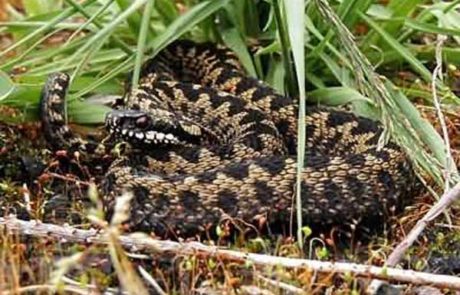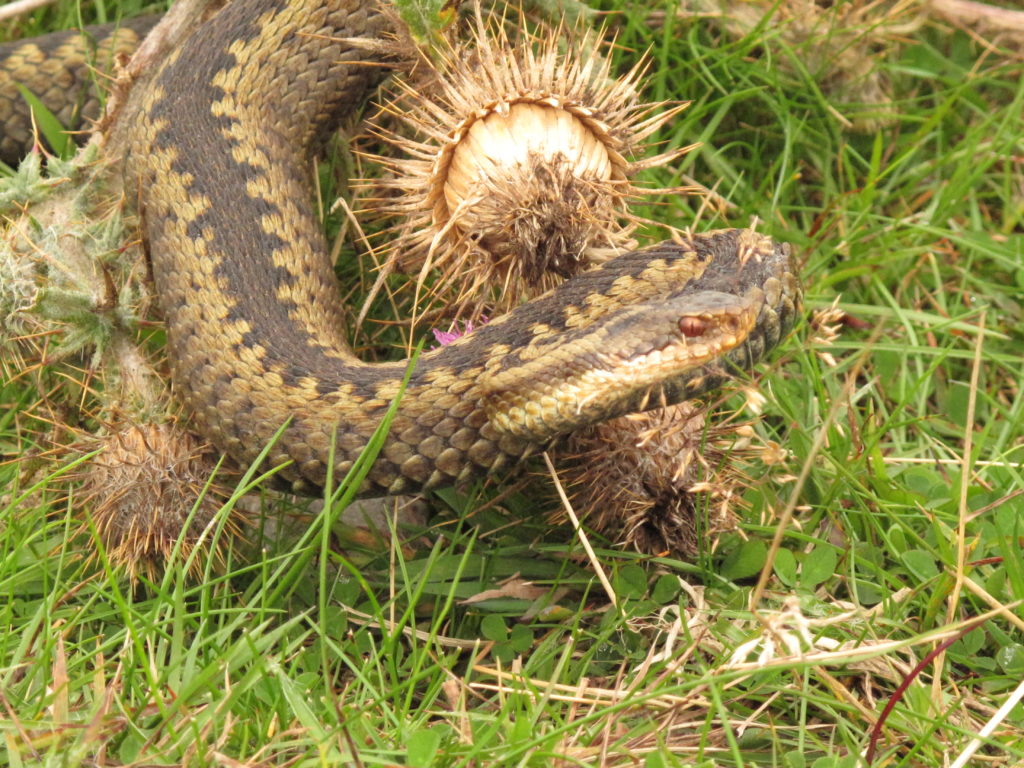Prevent moorland fires
Impact of wildfire
Impact of wildfire
The effects of wildfires are numerous and wide-ranging. They can have significant impacts on the economy, environment, heritage and social fabric of rural areas.
On the economy
Economic costs range from direct costs associated with fire fighting, to loss of income from the land following wildfire incidents and damage to property. Landscape-scale damage and loss of specific infrastructure can also impinge on tourism, with a consequence to local businesses and communities. Restoring damaged habitats is also becoming an important component of post-wildfire recovery in sensitive environments, which is typically a very costly and time-consuming process.
On the environment
Apart from the obvious effects of wildfires on upland biodiversity and habitats, they also have a direct impact on benefits that people receive from the environment, including:
- Provision of food, water and fibre
- Regulation of floods, drought, land degradation and disease
- Soil formation and nutrient cycling
- Cultural services and recreational benefits
- Carbon sequestration and storage
Wildfires directly impact on upland ecosystem services through damage caused to the vegetation, peat and soils, which results in loss of valuable habitat and associated wildlife alongside carbon release. Exposed soil and peat is at increased risk to wind and water erosion, with water run-off from uplands potentially resulting in downstream flooding, sedimentation of water courses and discolouration of drinking water.
On local heritage
Wildfire can cause serious damage to historic environment features. Archaeological remains are often protected by soil and vegetation cover and so the loss of this cover can have severe implications for features. The damage can occur both during a wildfire and due to the erosion caused when sites are exposed.
On local communities
Wildfires create safety issues for those who live and work in isolated areas, as well as endangering people who use and enjoy the countryside. They are also a very real threat to the health and safety of the emergency services.
Most fire-fighters in rural areas are ‘retained’. This means that they are part-time and can be called away from their normal work to attend to fires. This can disrupt local businesses.
Wildfire also has the potential to affect the lives of people well outside the immediate area of any incident. Smoke can travel many miles on prevailing winds, affecting air quality and visibility in areas far away. This can have public health implications, especially for people with respiratory problems, as well as causing disruption to traffic.













